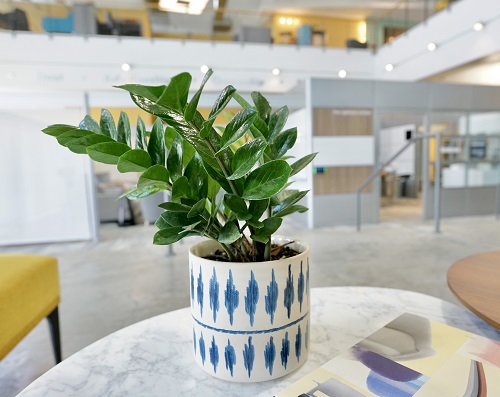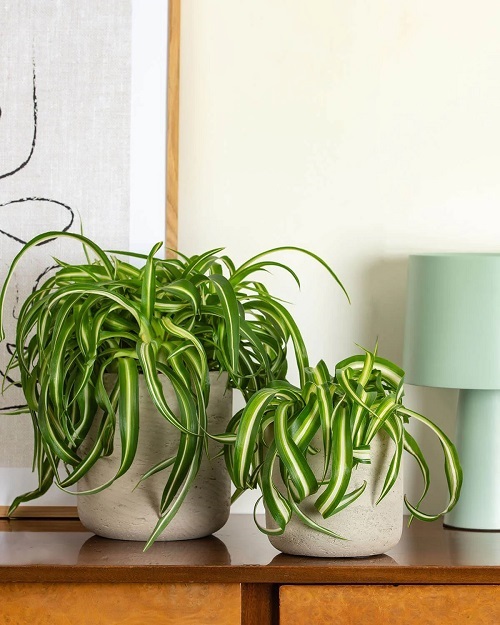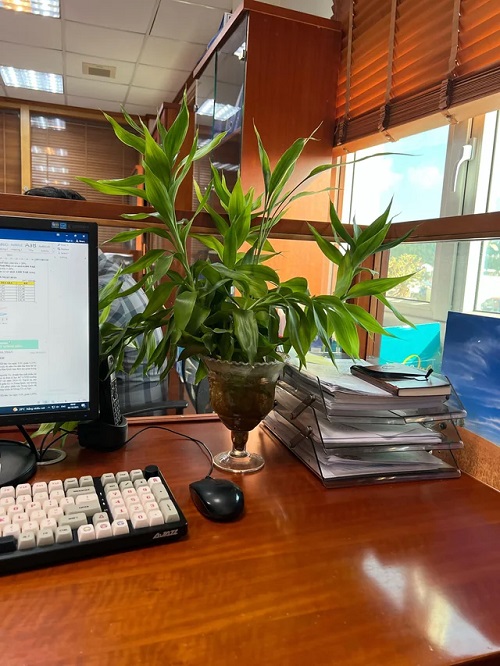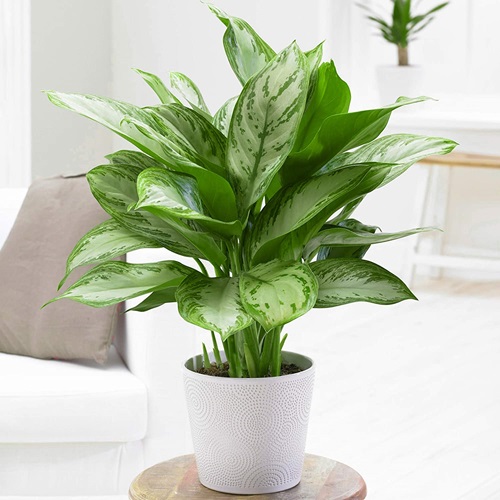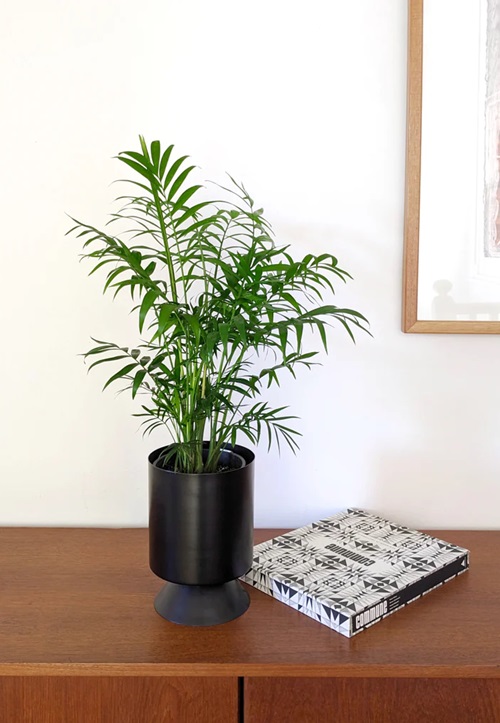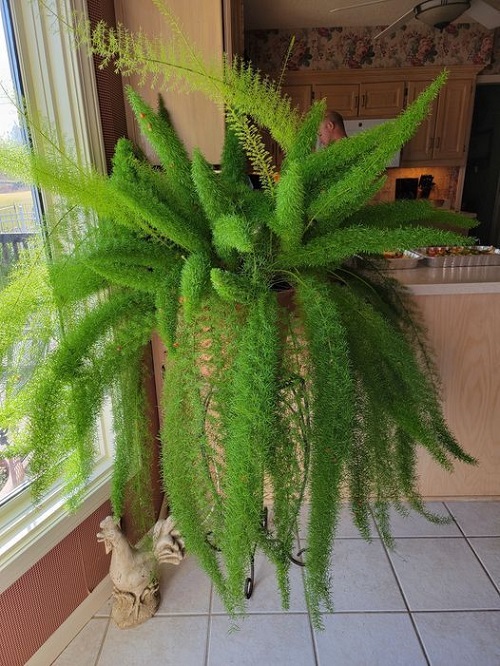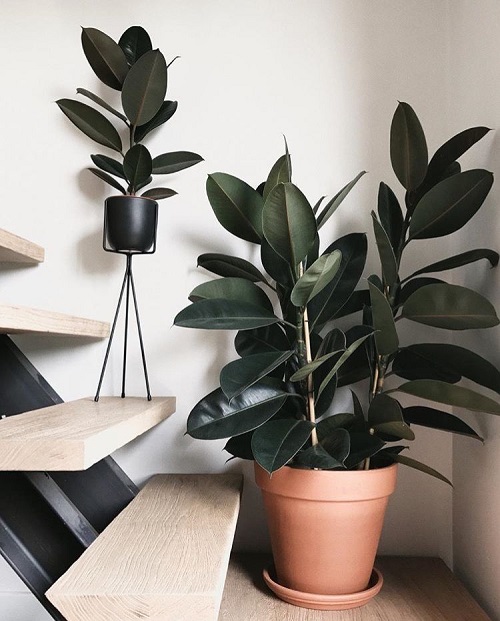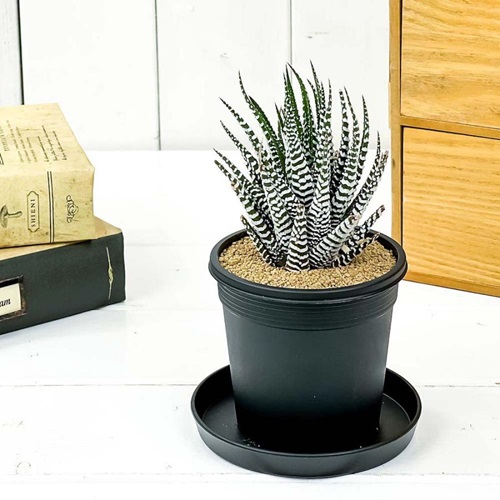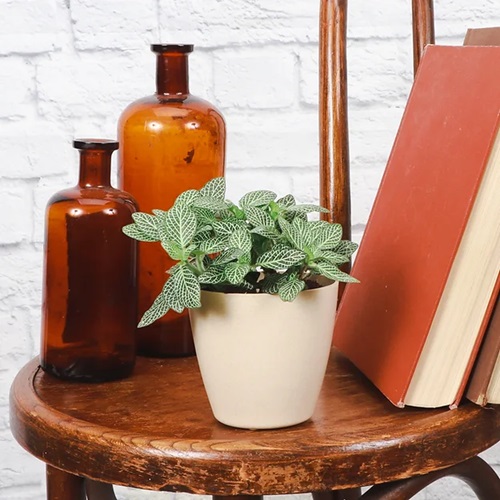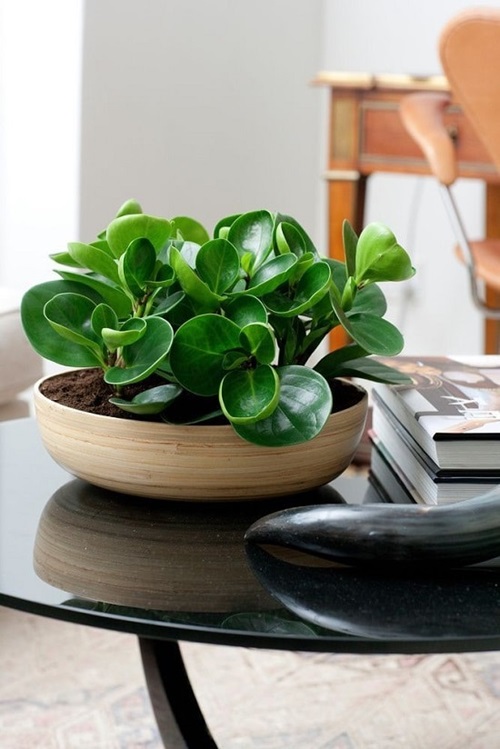If you are looking for Plants for Office With No Windows, then you are at the right place! Here are the best ones!
When choosing plants for office with no windows, selecting varieties that thrive in low-light conditions is essential. These flourish in limited light, offering a lush, green ambiance to boost your mood, purify the air, and create a more pleasant and productive workspace!
13 Stunning Houseplants of Unusual Colors
Plants for Office With No Windows
1. Snake Plant

Botanical Name: Sansevieria
Its air-cleaning capabilities filter toxins such as formaldehyde, xylene, and benzene from the air, making the office environment healthier.
2. ZZ Plant
Botanical Name: Zamioculcas Zamiifolia
Including a ZZ plant in your office would be a good idea because of its low maintenance and spectacular display of glossy leaves.
Check out the Best Variegated Pothos Plants
3. Spider Plant
Botanical Name: Chlorophytum comosum
Its eye-catching appearance and low-maintenance nature make it an ideal addition. It will continue to thrive even if you forget to water it occasionally.
4. Philodendron
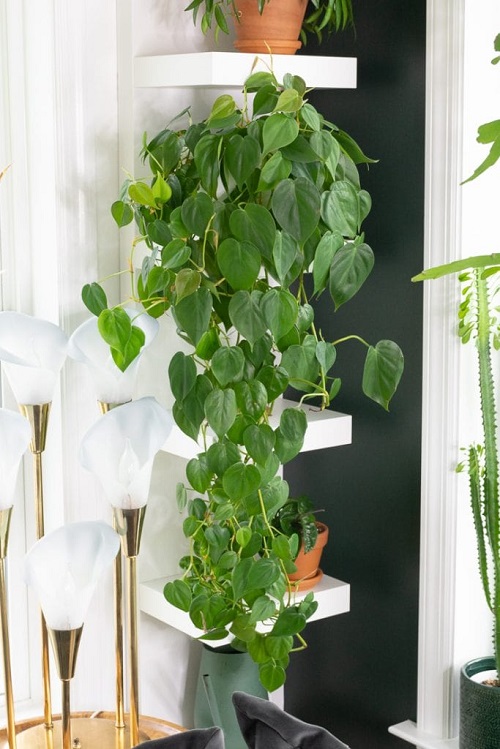
Botanical Name: Philodendron hederaceum
Philodendrons are among the most common houseplants that thrive in low-lit environments, making them perfect for offices.
Here are the 15 best leaf philodendron varieties.
5. Lucky Bamboo
Botanical Name: Dracaena sanderiana
Lucky Bamboo makes for an elegant and easy-to-care-for centerpiece. This compact plant has slim stems and bright green leaves and is said to bring luck.
6. Cast Iron Plant
Botanical Name: Aspidistra elatior
This plant is ideal for windowless offices. Its shiny leaves are well adapted to low-light environments, making it ideal for every desk in the office!
7. Chinese Evergreen
Botanical Name: Aglaonema commutatum
Aglonemas are one of the most colorful options you have for low-lit spaces like a windowless office! They ask for less attention, too!
Check out the best types of Chinese Evergreen Varieties.
8. Corn Plant
Botanical Name: Dracaena
Corn Plants are pros at surviving in low to moderate light conditions, typical of many office settings. They require minimal watering, making them ideal for busy environments.
9. Parlor Palm
Botanical Name: Chamaedorea elegans
Its small size makes it ideal for keeping it on office desks, shelves, or even windowsills. It keeps on thriving without much attention and also purifies indoor air.
Learn How to Grow Boston Fern Indoors
10. Asparagus Fern
Botanical Name: Asparagus densiflorus
This plant is highly versatile and can thrive in typical office environments. Its leaves look like none other, which makes it a great addition!
11. Rubber Plant
Botanical Name: Ficus elastica
The glossy leaves of this plant are a must-have in a classy office decor. It can be a great side table plant that will elevate the overall look of the office for sure!
12. Zebra Plant
Botanical Name: Haworthiopsis fasciata
It’s small enough to fit on desks or shelves, making it ideal for offices without windows! The two-tone leaves are an eye-catcher!
Zebra Plant Leaves Turning Brown? Tips to Save Them
13. Nerve Plant
Botanical Name: Fittonia albivenis
The contrast of the white and deep red veins on the green leaves makes Fittonia an ideal choice for any dull office setting!
Check out the best air-purifying succulents here
14. Aloe Vera
Botanical Name: Aloe barbadensis miller
Aloe vera is a champion when it comes to low-light settings. Its quirky shape will definitely spruce up any office setting!
15. American Rubber Plant
Botanical Name: Peperomia obtusifolia
These plants are perfect for windowless offices because they like low to moderate light levels. They are also drought-tolerant.
16. Umbrella Plant
Botanical Name: Schefflera arboricola
Its glossy oval leaves spread out in a fan-like pattern, forming a lush green canopy, making it great to keep beside office cubicles.
Quick Tips to Make Sure the Plants Thrive in a Windowless Office
1. Use Grow Lights
They provide a spectrum of light similar to that of the sun, which is essential for photosynthesis. Also, unlike natural sunlight, the intensity and duration of exposure to grow lights can be controlled. This allows for creating an optimal light environment for plants, irrespective of the external weather conditions.
2. Interchanging the Plant’s Position
It will be a good idea to change the position of the plant every 5-9 days. If you have a sunny balcony, keep the plant there for a day or two, and then bring it back again in the windowless office – this will ensure the plant gets all the light it needs to thrive.

